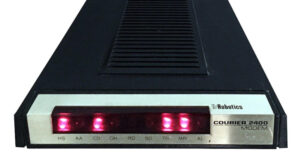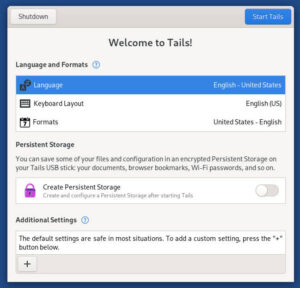U.S. News & World Report was the first to announce this afternoon that the Senate will evidently not vote on the cybersecurity bill known as the Cyber Information Sharing and Protection Act or CISPA. According to a report published on their website, the news organization has received assurances of the bill’s death from an unnamed member of the U.S. Senate Committee on Commerce, Science and Transportation that has been considering the bill as passed last week by the House of Representatives:
“‘We’re not taking [CISPA] up,’ the committee representative says. ‘Staff and senators are divvying up the issues and the key provisions everyone agrees would need to be handled if we’re going to strengthen cybersecurity. They’ll be drafting separate bills.’
The main purpose of CISPA is to open the door between the government and the private sector for the sharing of IT security information. Although the need for such openness is considered obvious, even by groups opposing the legislation, it’s feared that the bill as written will undoubtedly have privacy ramifications, especially since the law allows companies to share information about specific users with the government and offers legal protection to companies that do so. Last week, before the measure passed the House, President Obama vowed to veto the legislation as written if it were to show-up on his desk after passing both houses of Congress.
Central to the bill being killed in the Senate is the chairman of the Science and Transportation committee, Jay Rockefeller, D-W.Va., who has called privacy protections in the bill “insufficient,” according to a report on the CBS owned site CNET:
“Rockefeller’s thoughts on CISPA are significant, because as head of the Commerce Committee, he leads the branch of the Senate that will be the first to debate its own cybersecurity legislation.”
Although CISPA in its current form now appears to be DOA, that doesn’t mean this legislation is completely gone. Indeed, U.S. News expects us to see some sort of legislation pass before the year’s end:
“That’s not to say Congress won’t pass any cybersecurity legislation this year. Both Rockefeller and President Obama want to give American companies additional tools to fight back against cyberattacks from domestic and foreign hackers.”
For the time being, however, the privacy concerns posed by this bill have been laid to rest. A Senate bill, the Cybersecurity and American Cyber Competitiveness Act of 2013, has greater privacy protections than CISPA. Identical in many ways, this Senate version stipulates that companies must pull sensitive information before passing data on the the government. However, House leadership has indicated that the version of CISPA they passed last week moves as far as they’re will to move to alleviate privacy concerns.
Christine Hall has been a journalist since 1971. In 2001, she began writing a weekly consumer computer column and started covering Linux and FOSS in 2002 after making the switch to GNU/Linux. Follow her on Twitter: @BrideOfLinux







